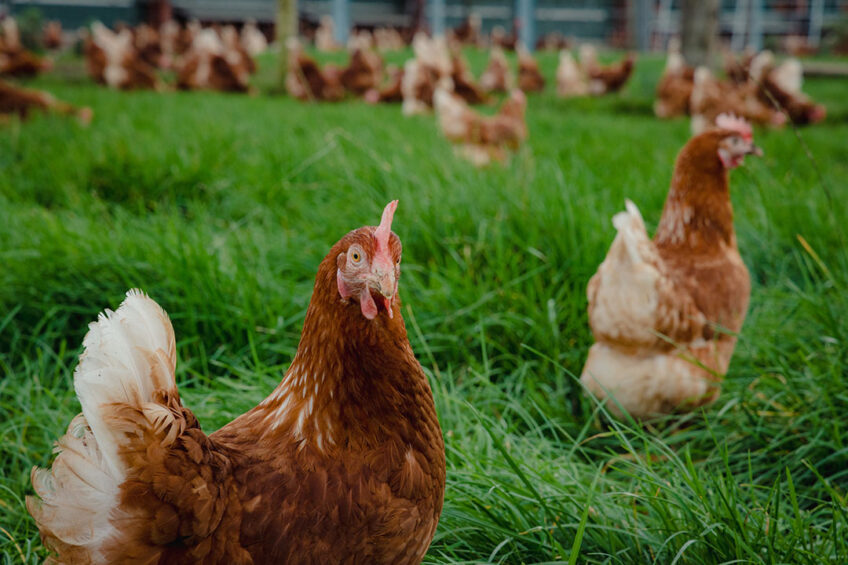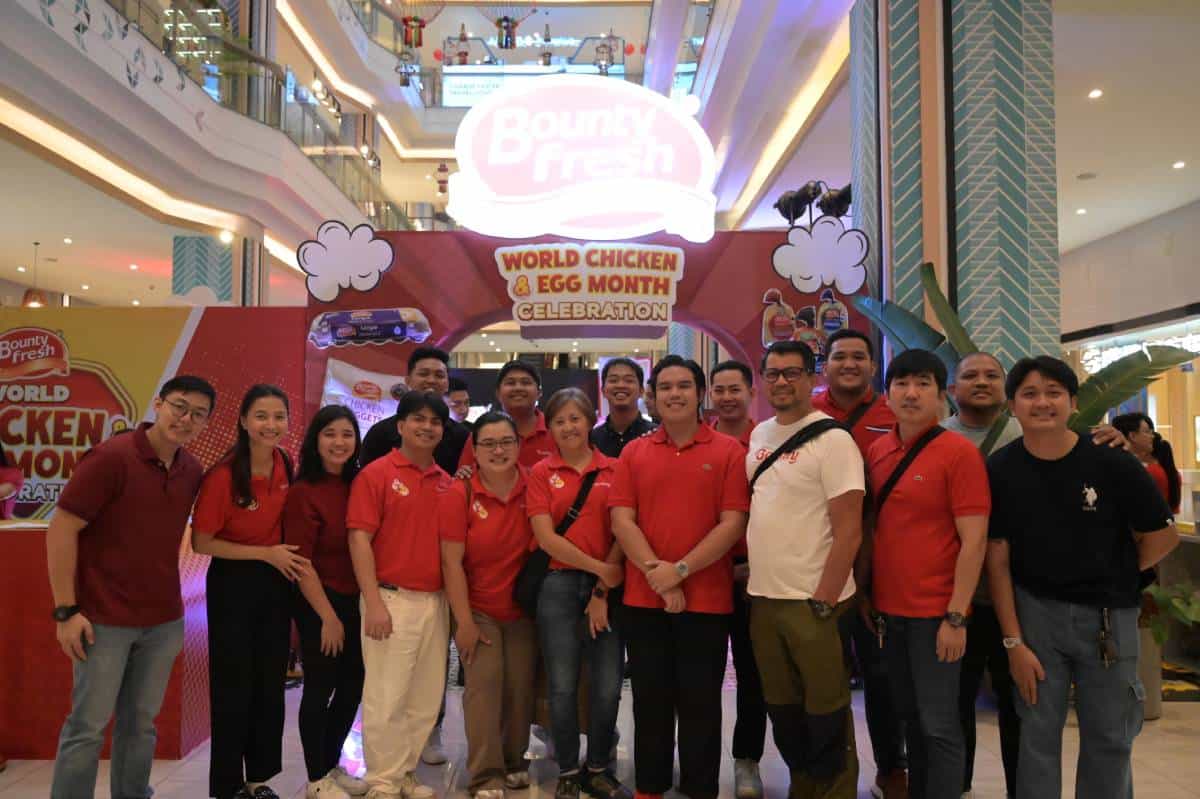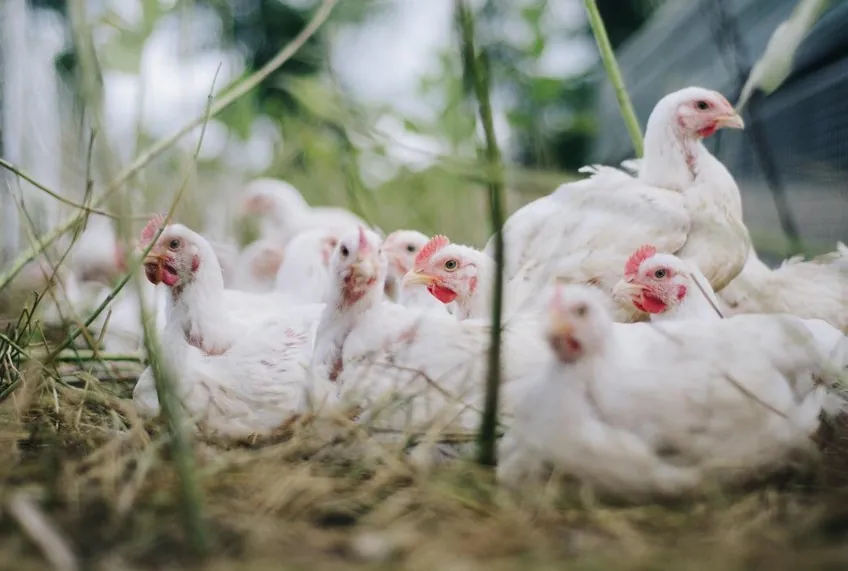In today’s market, consumers are more conscious of what products to pick from the grocery shelf. It isn’t uncommon nowadays that ethically produced and sustainable options are gaining popularity over more traditional products. While other industries are scrambling to meet this emerging demand, the poultry industry has been sitting comfortably on a “golden egg” concept. In this article, we will take a deeper look into what is cage-free farming.
What is Cage-Free Farming?
In its most basic form, cage-free farming refers to the poultry management system where chickens are allowed to roam freely to encourage natural behaviors like walking, perching, nesting, and spreading their wings.
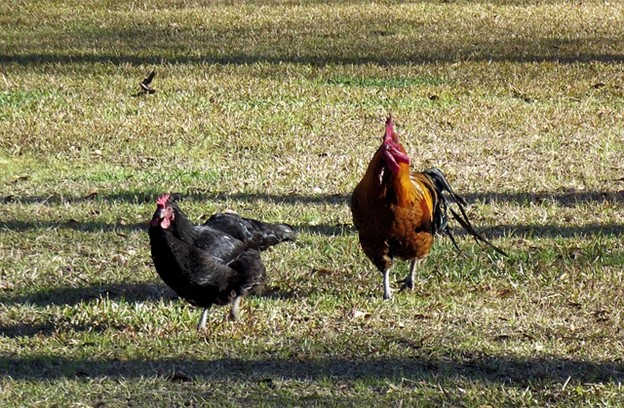
What are the advantages of cage-free farming?
Improved Animal Welfare
In terms of how the animals are being treated, the difference is night and day compared to conventional cage systems where chickens are kept in tight spaces and are given limited mobility.
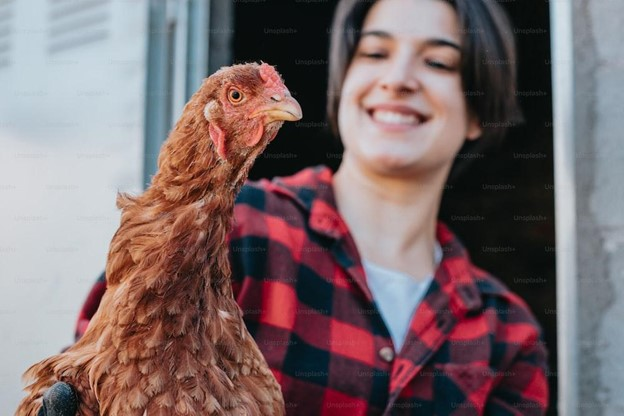
Reduced Stress
With ample space to move around and engage in natural activities, the stress levels of chickens are reduced compared to caged systems. Minimizing stress gives way to better health which influences meat and egg quality.
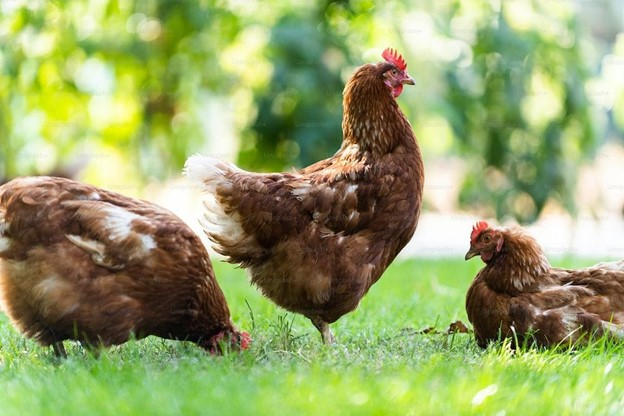
Preferred by Consumers
According to a research article from Frontiers in Animal Science, while taste is a subjective matter, there’s a growing segment of the market that clamors for cage-free eggs and meat with the claim that they’re better tasting than non-cage-free alternatives.*
Which is Better Cage-Free vs. Organic Farming?
If you have reached this part of the article, it’s either your interest in cage-free farming is piqued or you’re scratching your head in confusion between what is cage-free farming vs. organic farming.
Cage-free farming focuses on giving the birds ample space to move around and engage in natural chicken behaviors like pecking and flapping of wings. With cage-free farming, the main goal is improved animal welfare with the hopes of getting high product quality.
On the other hand, organic farming is a more comprehensive approach that goes beyond just the chickens’ housing conditions. It strictly requires organic feed, avoids the use of antibiotics, and restricts any synthetic additives. The goal of organic farming is to produce food in a way that is free from synthetic chemicals while being environmentally and socially sustainable.

Is Cage-Free Farming the Right Choice For You?
Just by observing the selection on grocery shelves now, we can have a glimpse of how the demand for more humane and healthier options is slowly but surely catching up in terms of market share of conventional alternatives.
While caged or other traditional systems are still viable options, there may come a time when they will be edged out by cage-free options just because the former doesn’t have any selling point other than being possibly cheaper.
So, if giving chickens an improved quality of life and giving consumers what they want are important to you as an agribusiness entrepreneur, then cage-free farming is the basket in which you should put all your eggs.
If you are interested in becoming a partner seller of Bounty Fresh Cage-Free Eggs, we’d be happy to lend you a hand. Visit our Grow with Bounty page to learn more.

